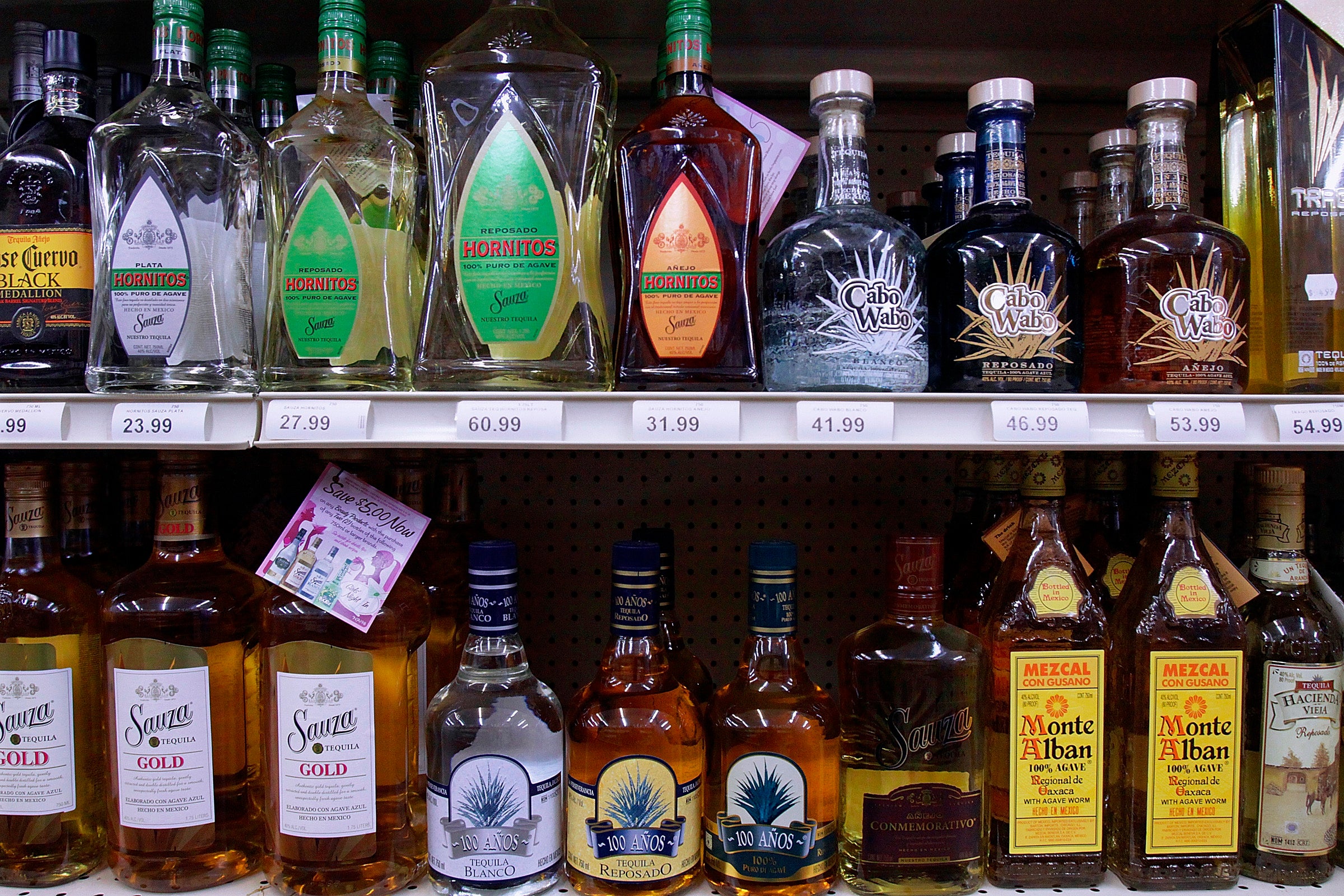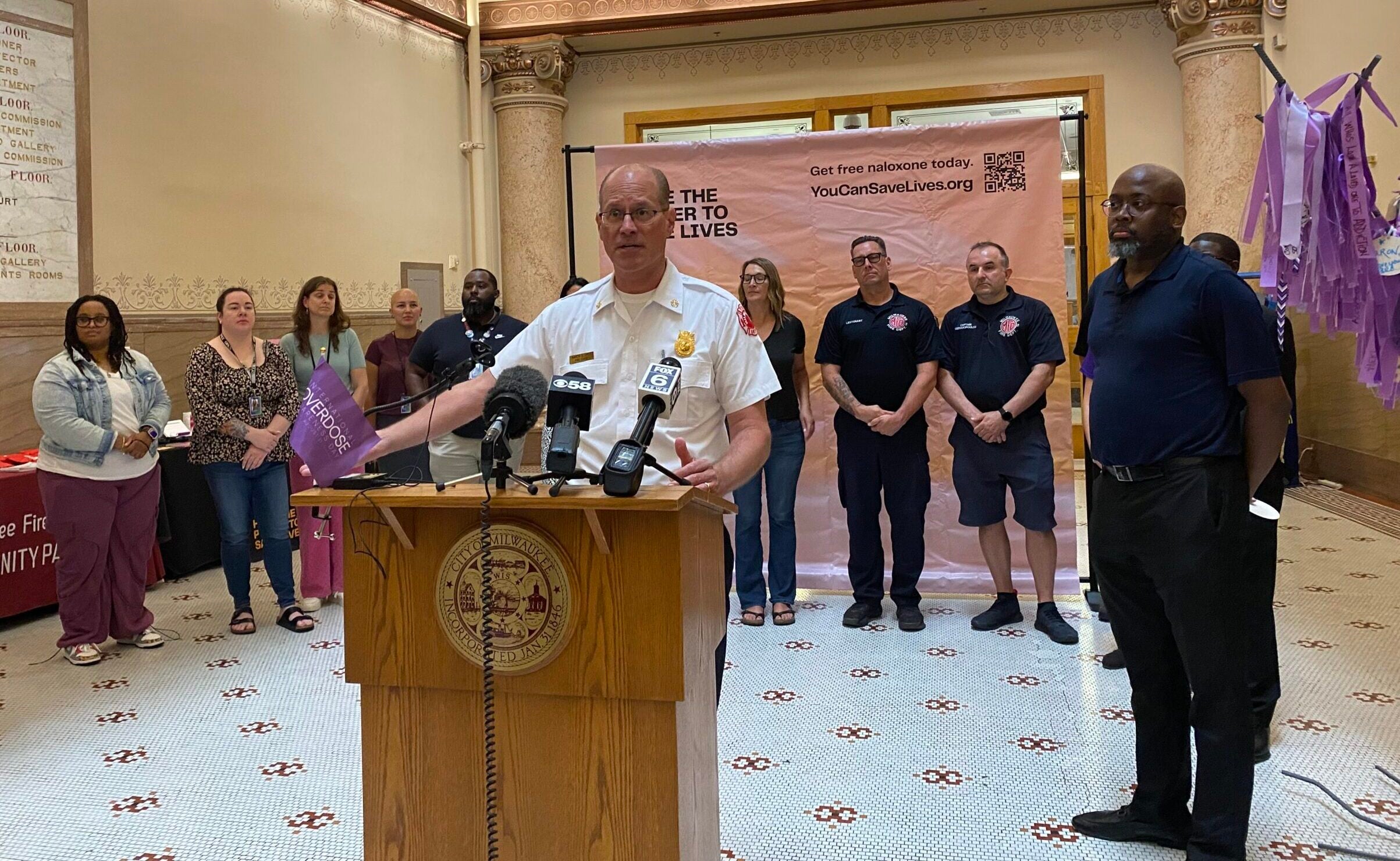The number of deaths in Wisconsin from addiction and suicide could increase by 39 percent in the next decade, according to an analysis by the Berkeley Research Group. The report, published by the Trust for America’s Health and the Well Being Trust, predicted a larger rise in deaths — 60 percent — for the entire country.
“These estimates may actually be conservative. The provisional data from the CDC (Centers For Disease Control and Prevention) are showing that the rapid rise of fentanyl, heroin and carfentanil are pushing these numbers higher and faster to a worst-case scenario where deaths over the next decade could actually double,” said John Auerbach, president and CEO of Trust for America’s Health.
The report released Tuesday said that in 2005, fewer than half of states had combined death rates from alcohol, drugs and suicide above 30 per 100,000 deaths. In 2015, 48 states, including Wisconsin, had reached that level.
News with a little more humanity
WPR’s “Wisconsin Today” newsletter keeps you connected to the state you love without feeling overwhelmed. No paywall. No agenda. No corporate filter.
Nationally, drug deaths have tripled since the year 2000 and alcohol-induced deaths have reached a 35-year high, Auerbach said. In Wisconsin, alcohol-induced deaths from liver disease and alcohol poisoning were above the national average in 2015.
The report noted that addiction is straining families and the foster care system nationwide, a trend WPR has looked at in Wisconsin.
“We’re facing a serious crisis in the U.S. that goes way beyond reducing the supply of opioids and alcohol. Drug and alcohol misuse and suicides are signals of serious underlying concern. They reflect that too many Americans are facing pain, despair, disconnection and lack of opportunity,” Auerbach said.
The report recommends more mental health and addiction services.
More than half of counties in the U.S. have no practicing psychiatrist, psychologist or social worker, said Benjamin Miller, chief policy officer of Well Being Trust, who was part of a teleconference to announce the report Tuesday.
Wisconsin is also experiencing a shortage of mental health care professionals, according to The Kaiser Family Foundation.
Miller says many of the approaches to treating mental health and substance use disorders are out of date and do not match modern research for what’s effective.
“Treatments shouldn’t include patient limits or limit access to the most effective evidence based treatments for different individuals experiencing different conditions,” Miller said.
The report said only 1 in 10 persons with a substance abuse disorder receives treatment.
Recommendations to reduce drug deaths include education, expanding needle exchange programs and drug treatment courts. As for alcohol, the report suggest raising alcohol prices and limiting availability. To prevent suicides, the report recommends anti-bullying programs in schools and better support for veterans.
According to the report, “if the current rise in drug, alcohol and suicide death trends continue — over the next decade, these three epidemics would be expected to result in more than 1.6 million deaths (by 2025).”
Wisconsin Public Radio, © Copyright 2026, Board of Regents of the University of Wisconsin System and Wisconsin Educational Communications Board.




